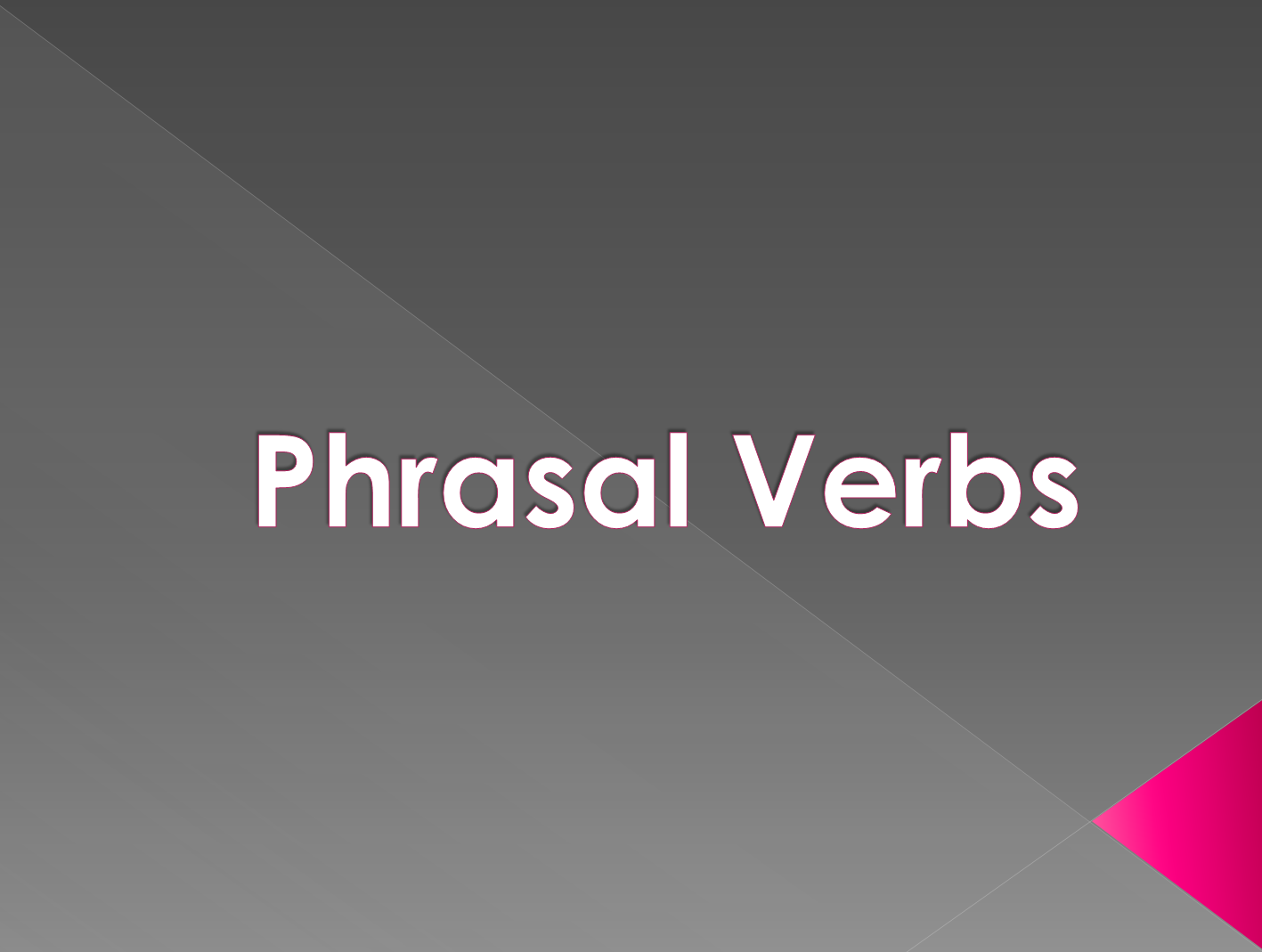
The following list of the most commonly confused words can improve your writing by showing you how to avoid such errors. As you read it, take note of those you have used incorrectly.
You may want to write them down, along with a couple of sentences in which you use them correctly. In your essay writing, pay careful attention to the denotative meaning of every word you use.
| Confused Words | Definition |
|---|---|
| a lot (noun): | many |
| allot (verb): | to give or share in arbitrary amounts |
| accept (verb): | to recognize |
| except (prep.): | excluding |
| access (noun, verb): | means of approaching; to approach |
| excess (noun, adj.): | extra |
| addition (noun): | increase |
| edition (noun): | an issue of a book or newspaper |
| advice (noun): | a recommended opinion |
| advise (verb): | to give advice; inform |
| affect (verb): | to influence |
| effect (noun): | result |
| effect (verb): | to bring about |
| all ready (adj.): | completely prepared |
| already (adv.): | by or before a specified or implied time |
| all together (adj.): | in a group; in unison |
| altogether (adv.): | completely or thoroughly |
| allude (verb): | to refer to something not specifically mentioned |
| elude (verb): | to escape notice or detection |
| ascent (noun): | the act of climbing or rising |
| assent (verb): | to agree or accept a proposal or opinion |
| assure (verb): | to make certain (assure someone) |
| ensure (verb): | to make certain |
| insure (verb): | to secure from harm; to secure life or property in case of loss |
| beside (adj.): | next to |
| besides (adv.): | in addition to |
| bibliography (noun): | list of writings |
| biography (noun): | a life story |
| capital (noun): | money invested; a town or city where the government sits |
| capitol (noun): | a government building |
| choose (verb): | to select |
| chose (verb): | the past tense of choose |
| cite (verb): | to acknowledge; to quote as a reference |
| sight (noun): | the ability to see; vision |
| site (noun): | a place or location |
| complement (noun): | match |
| compliment (noun, verb): | praise; to give praise |
| consul (noun): | an official appointed by the government to live in a foreign city and attend to the interests of the official’s country |
| council (noun): | a group of people called together to provide advice |
| counsel (noun, verb): | advice; to give advice |
| continual (adj.): | taking place in close succession |
| continuous (adj.): | without break or let up |
| cooperation (noun): | assistance, help |
| corporation (noun): | type of business organization |
| decent (adj.): | well-mannered |
| descent (noun): | decline, fall |
| dissent (noun): | disagreement |
| desert (noun): | arid, sandy region |
| dessert (noun): | sweet served after a meal |
| disburse (verb): | to pay |
| disperse (verb): | to spread out |
| disinterested (adj.): | no strong opinion either way |
| uninterested (adj.): | don’t care |
| elicit (verb): | to stir up |
| illicit (adj.): | illegal |
| envelop (verb): | to surround; to cover completely |
| envelope (noun): | flat paper container for letters or other documents |
| farther (adv.): | beyond |
| further (adj.): | additional |
| flack (noun, verb): | press agent (noun); to act as a press agent (verb) |
| flak (noun): | criticism |
| forth (adv.): | forward, onward |
| fourth (adj.): | next in number after the third |
| hear (verb): | to perceive by the ear |
| here (adv.): | in this or at this place |
| hoard (verb): | to collect and keep |
| horde (noun): | a huge crowd |
| imply (verb): | to hint or suggest |
| infer (verb): | to assume, deduce |
| loose (adj.): | not restrained, not fastened |
| lose (verb): | to fail to win; be deprived of |
| loath (adj.): | reluctant |
| loathe (verb): | to feel hatred for |
| medal (noun): | a badge of honor |
| meddle (verb): | to interfere |
| metal (noun): | a mineral substance |
| passed (verb): | the past tense of past |
| past (adj.): | finished; gone by |
| personal (adj.): | individual |
| personnel (noun): | employees |
| principal (adj.): | main |
| principal (noun): | person in charge |
| principle (noun): | standard |
| quiet (adj.): | still; calm |
| quit (verb): | to stop; to discontinue |
| quite (adv.): | very; fairly; positively |
| stationary (adj.): | not moving |
| stationery (noun): | writing paper |
| taught (verb): | the past tense of teach |
| taut (adj.): | tight |
| than (conj., prep.): | in contrast to |
| then (adv.): | next |
| their (pronoun): | belonging to them |
| there (adv.): | in a place |
| they’re: | contraction for they are |
| to (prep.): | in the direction of |
| too (adv.): | also; excessively |
| two (adj.): | the number after one |
| weather (noun, verb): | atmospheric conditions; to last or ride out |
| whether (conj.): | if it be the case; in either case |
| who (pronoun): | substitute for he, she, or they |
| whom (pronoun): | substitute for him, her, or them |
| your (pronoun): | belonging to you |
| you’re: | contraction for you are |
You may also like:
- Idioms and Other Expressions Used For Talking About ‘Work’
- What Are Weasel Words?
- Money and Finance – Test Your Knowledge
- Phrasal Verbs, Idioms and Other Expressions Using ‘CUT’
- How to Say Time in English
- Idioms and Other Expressions Used For Talking About Money
- Shopping and Consumerism – Match the Correct Name
- Phrasal Verbs – Choose the Correct Verb
- Currency Markets – Choose The Best Words
- Personal Qualities – Use the Best Nouns and Adjectives








